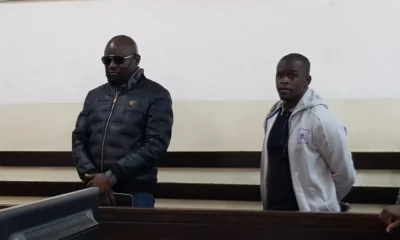

On Friday May, 5, there’s a drama at the Jomo Kenyatta International Airport(JKIA) following a botched plan to deport Steward Tom, a Ghanaian national who turned...
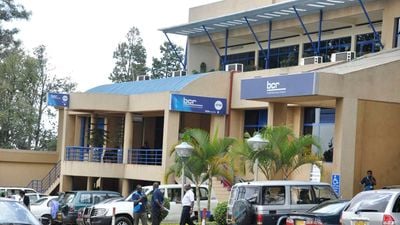

In a shocking turn of events, I&M Bank Rwanda suffered a significant loss of $10.3 million due to fraudulent customer withdrawals in under three months. This...
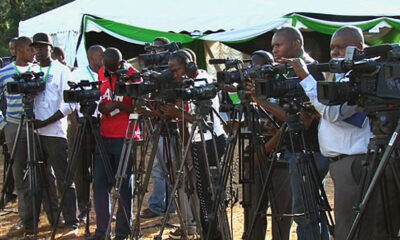

NAIROBI, KENYA: The Standard Group Management has parted ways with its Digital Editor Caroline Kimutai after slightly five years at the Mombasa Road based company. Caroline...
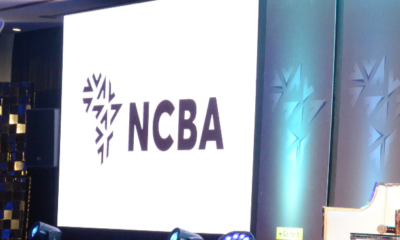

In a bid to spur investments, the Kenyan government extended a blanket tax waiver so that businesses merge and increase their operating capacities. Among the beneficiaries...
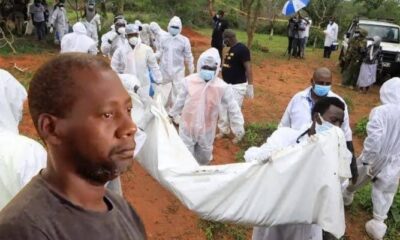

The name of the controversial preacher Pastor Paul Mackenzie has now become a familiar one in the news, and not for positive reasons. Who is this...
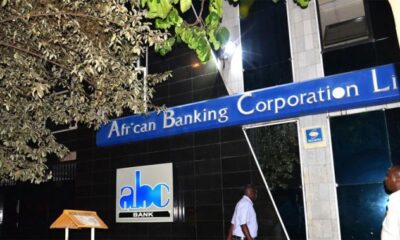

Arguably one of the richest people in Kenya, former Kenya Airports Authority (KAA) Director General George Muhoho has been sued over a Sh 107 million debt...
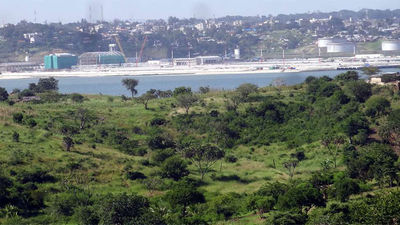

An ambitious project is at stake in the middle of two Japanese companies fighting over a lucrative tender to construct the proposed Sh59 billion Dongo Kundu...
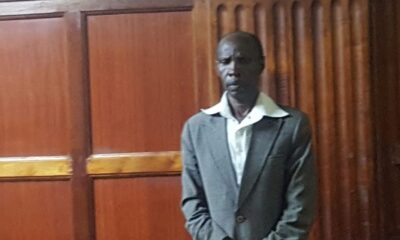

An alleged director of a city company has been arraigned over forgery of Sh500 million title deed of an up-market property belonging to 2022 presidential candidate Jimi Wanjigi....


Kenya Revenue Authority is now seeking Sh3 billion in taxes from Kiwipay Kenya Limited; a company embroiled in Sh2.3 billion monies that had initially been frozen...
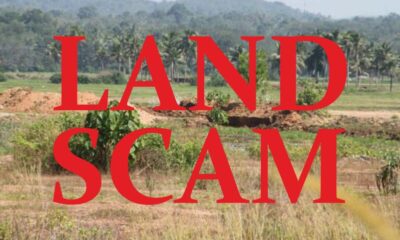

In a recent case concluded in a Mombasa Court, a couple from Nairobi lost Sh11 million to unscrupulous land dealers in Kilifi who had posed as...
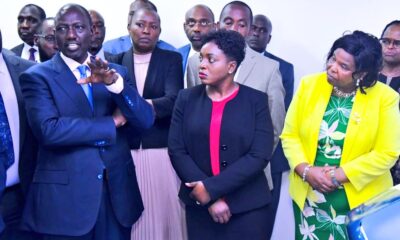

Medics have put Health Cabinet Secretary Susan Nakhumicha on the spot over her recent appointments. A day after she made appointments to key positions in some...
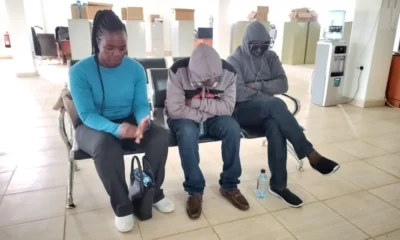

The Ethics and Anti-Corruption Commission (EACC) has arrested four suspects as the investigation into procurement fraud in Bungoma County continues. This is in relation to the...
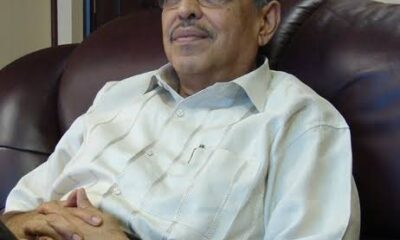

Mohammed Jaffer of Grain Bill Handlers Limited (GBHL) and proprietor of Pro Gas been forced to fold abs embrace the Kenya Kwanza government. The billionaire who...


Giant betting company Betika is embroiled in a legal battle with a gambler over more than half a million shillings. Mr David Juma, a Nakuru-based gambler...


Small scale traders in Nairobi have moved to court to block Chinese-owned mall China Square from importing and selling merchandise from China. The traders who operate...


In the recent past, the Safaricom Investment Co-Operative (SIC) has been met with allegations of corruption and mismanagement that they’ve dismissed as baseless and malicious. The...
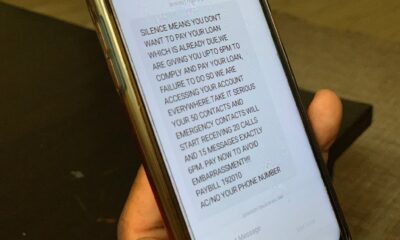

The Office of the Data Protection Commissioner (ODPC) has issued two penalty notices against Whitepath company limited and Regus Kenya for contravening data protection laws. The...
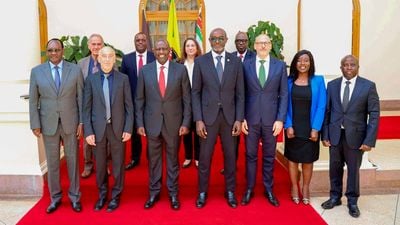

For the last seven months, the doors at State House have been revolving endlessly as local and foreign visitors scramble for whatever time they can get...


The Competition Authority of Kenya (CAK) has found the Ingenious Concept Group of engaging in unethical business with crooked members of the Outdoor Advertising Association of...
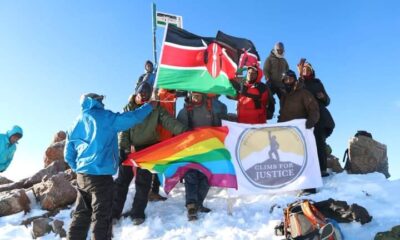

What is this family that we are trying to protect and from what enemy? Evil? What is this that irks us about how diverse, different forms...